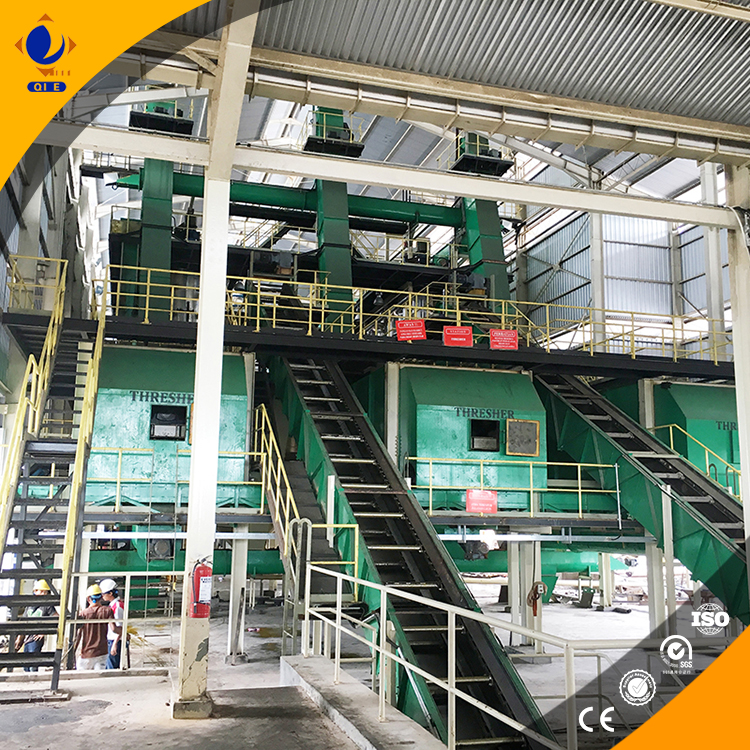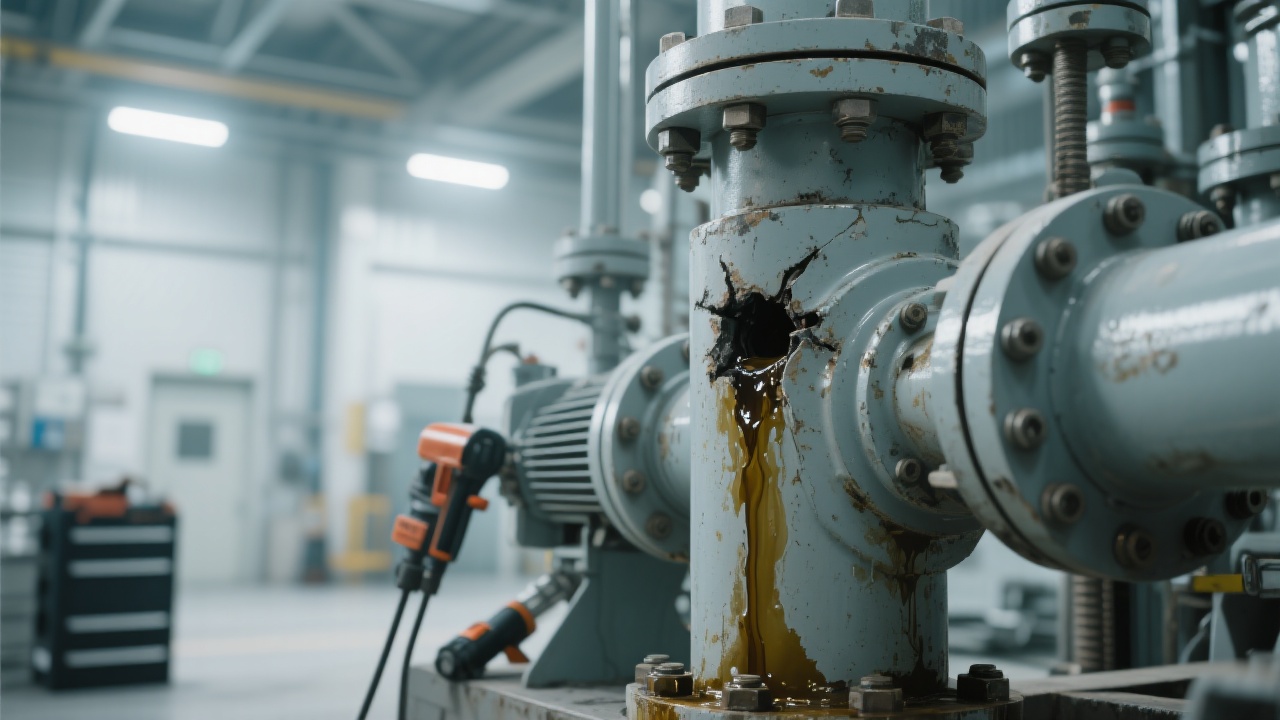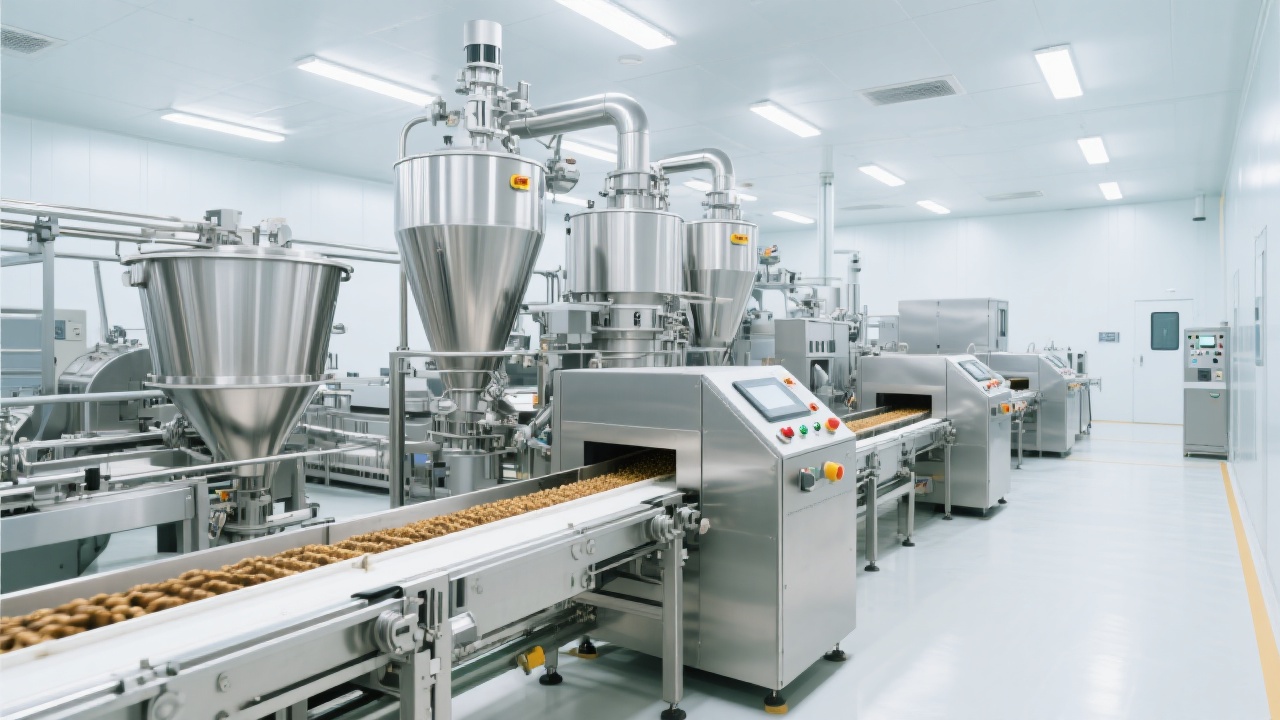
Screw oil presses are widely used in the food processing, chemical, and pharmaceutical industries. The choice of wear-resistant materials for their key components, such as the screw shaft, cage, and cake discharge mechanism, significantly impacts the equipment's lifespan and operational stability. In this guide, we'll explore the technical characteristics of wear-resistant materials and how they affect the performance of screw oil presses.
The main technical characteristics of wear-resistant materials include hardness, toughness, and corrosion resistance. Hardness is a measure of a material's ability to resist indentation or scratching. A harder material can better withstand the abrasive forces generated during the oil extraction process, reducing wear on the components. For example, materials with a Rockwell hardness of HRC 50 - 60 are commonly used in high - stress areas of screw oil presses.
Toughness, on the other hand, refers to a material's ability to absorb energy and deform plastically before fracturing. A tough material can prevent sudden breakage of components under impact or shock loads. For instance, some alloy steels with good toughness can maintain their integrity even when subjected to high - pressure operations.
Corrosion resistance is crucial, especially when the oil press is used to process materials that may contain corrosive substances. Materials with high corrosion resistance, such as stainless steel with a chromium content of at least 10.5%, can protect the components from rust and chemical damage, extending their service life.

Let's take a look at how these wear-resistant materials are applied in the core components of screw oil presses.
| Component | Material Example | Benefits |
|---|---|---|
| Screw Shaft | High - carbon alloy steel | High hardness and wear resistance, ensuring long - term stable operation under high - pressure conditions |
| Cage | Stainless steel | Good corrosion resistance, suitable for environments with moisture or corrosive substances |
| Unloading Cake Mechanism | Tungsten carbide - reinforced alloy | Excellent hardness and wear resistance, reducing the frequency of component replacement |
Proper maintenance and fault prevention are essential for the stable operation of screw oil presses. Regularly inspect the wear - resistant components for signs of wear, such as scratches, dents, or corrosion. Replace the components in a timely manner when the wear exceeds the specified limit. For example, if the wear of the screw shaft exceeds 2mm, it should be replaced to ensure the normal operation of the oil press.
Lubrication is also a key factor in maintaining the performance of the components. Use high - quality lubricants to reduce friction and wear between moving parts. For instance, apply lubricating grease to the bearings of the screw shaft every 500 operating hours.

Here are some common questions about the selection and maintenance of wear - resistant materials for screw oil presses:
Our company offers high - quality wear - resistant materials for screw oil presses, along with excellent after - sales service. Our team of experts can provide you with professional advice on material selection and maintenance. With our products, you can achieve efficient and energy - saving operation of your oil press, reduce production costs, and enhance the overall competitiveness of your equipment.

Don't miss the opportunity to improve the performance and lifespan of your screw oil press. Click here to learn more about our wear - resistant materials and services!

